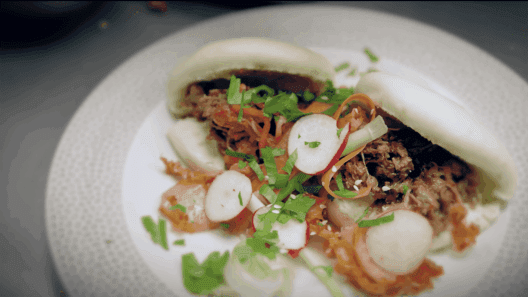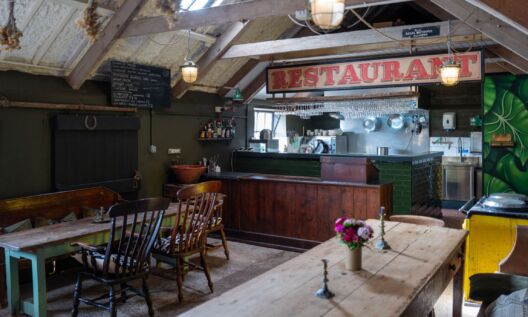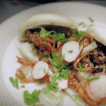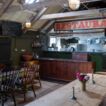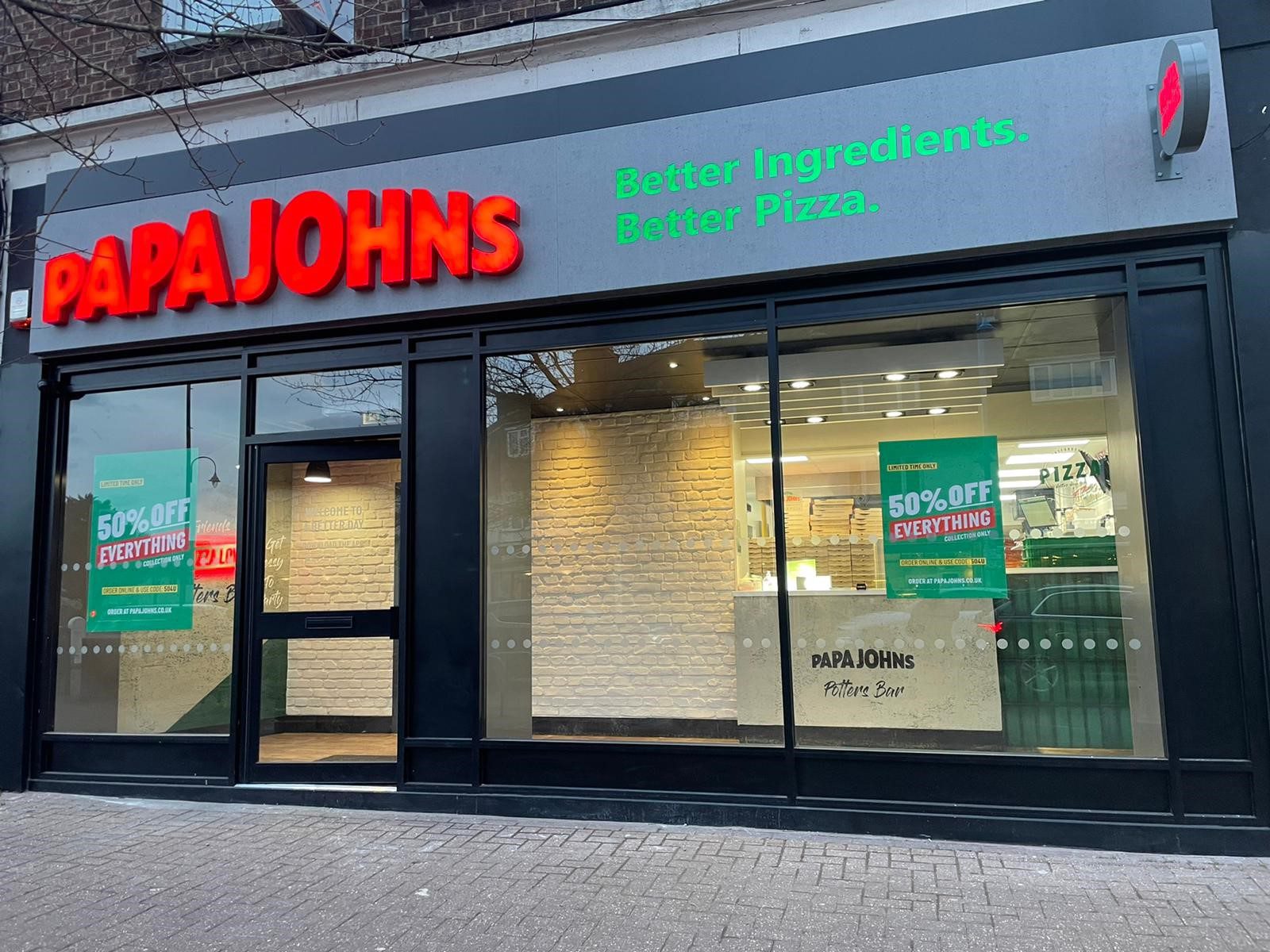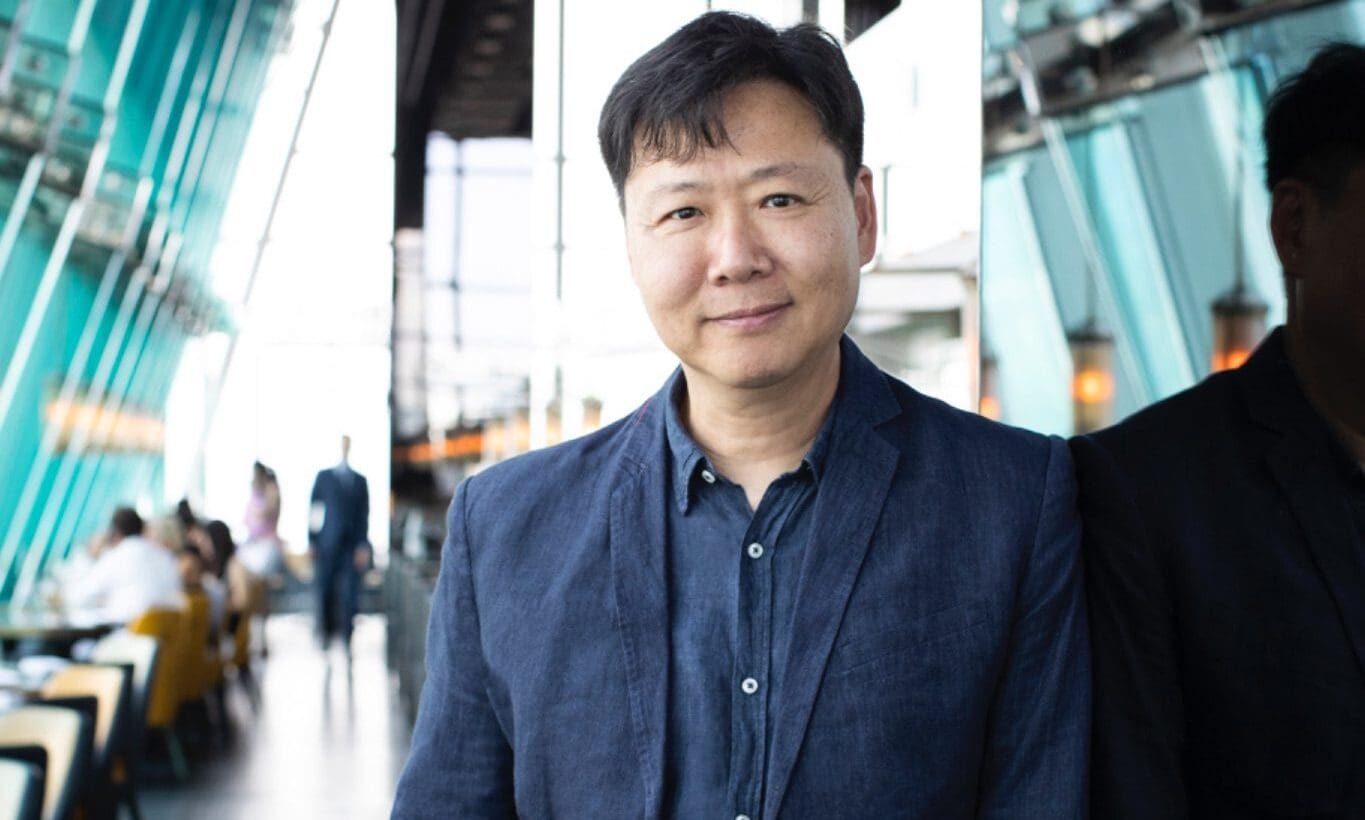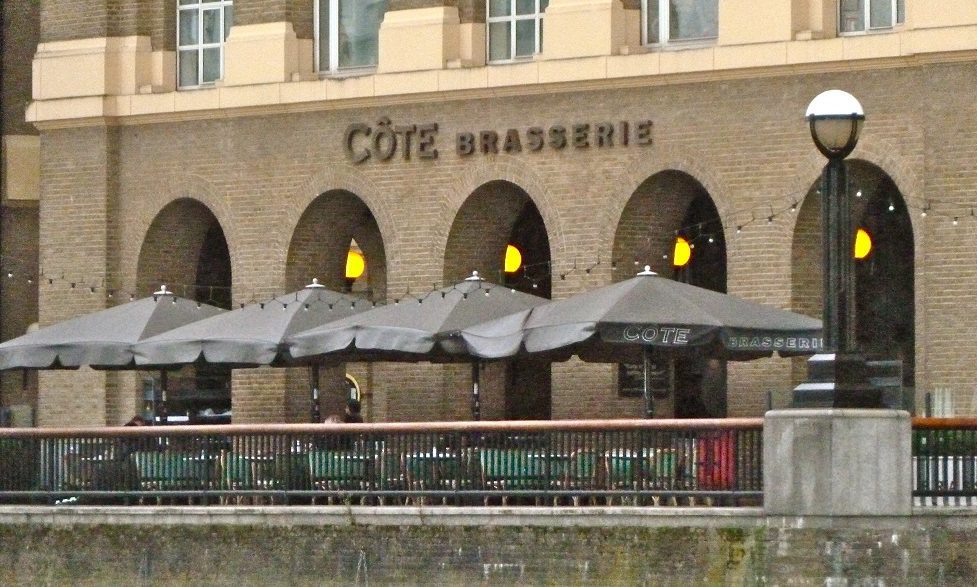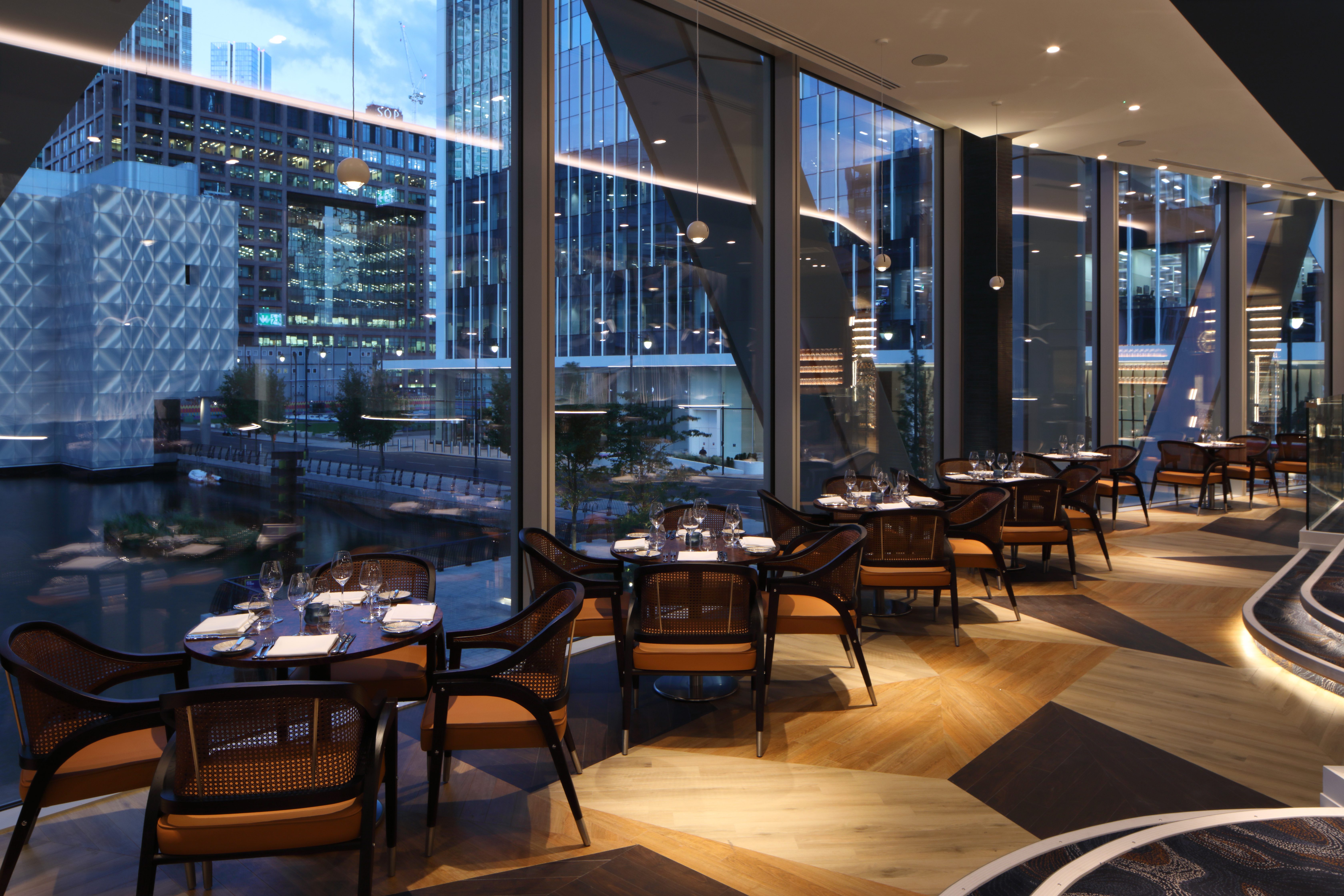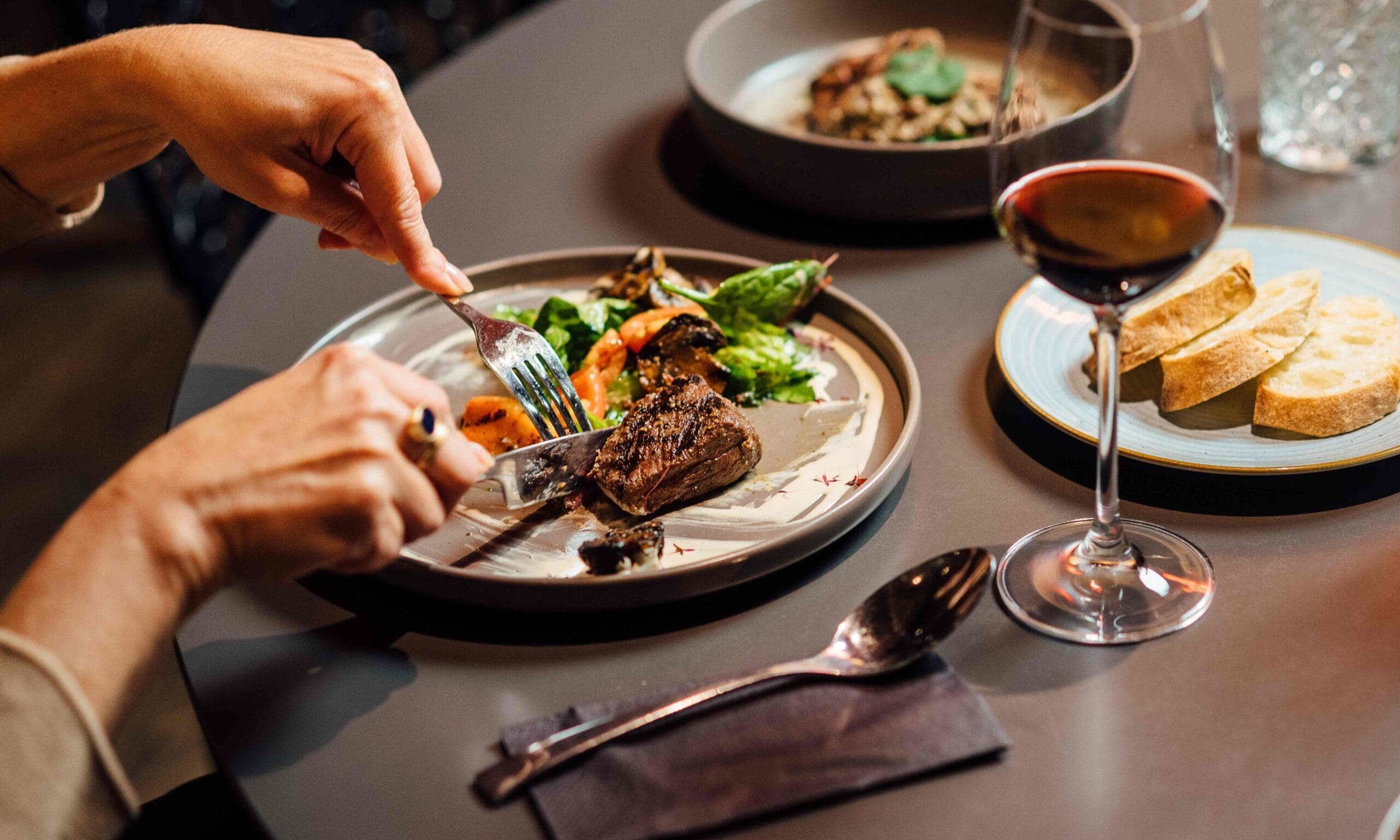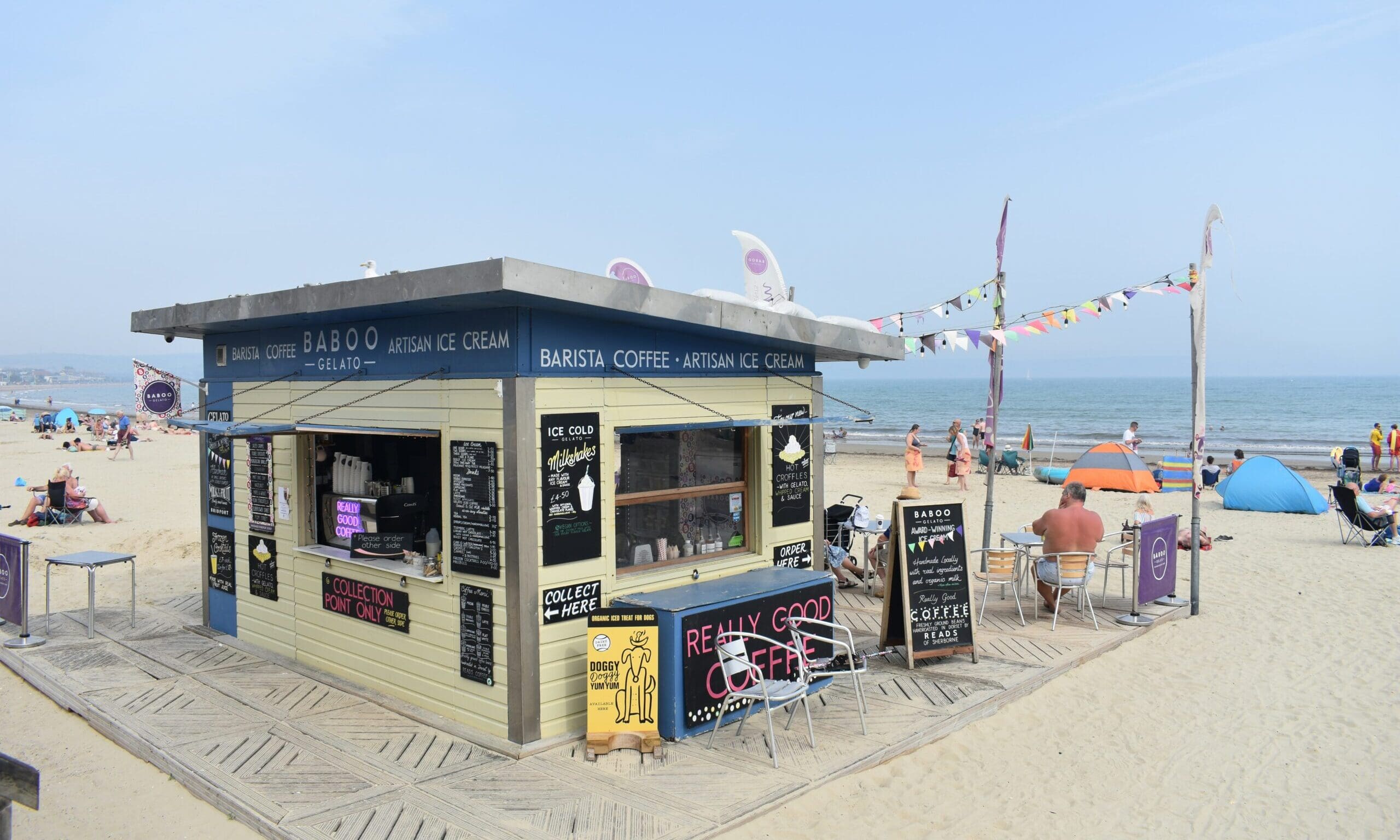Register to get 2 free articles
Reveal the article below by registering for our email newsletter.
Want unlimited access? View Plans
Already have an account? Sign in
Yeo’s path to the restaurant world was anything but conventional. Born in Singapore and educated at Cambridge, he trained as a lawyer before spending nearly two decades at Freshfields and Credit Suisse in London. Yet, outside of courtrooms and boardrooms, Yeo’s reputation as a consummate host was already forming. Friends knew him for his carefully curated dinner parties, for evenings where every plate, playlist and flower arrangement was considered.
That attention to detail set the stage for a dramatic career pivot in the early 1990s, when Yeo relocated to Hong Kong. In 2000, he opened his first restaurant on Hollywood Road, a venture initially intended as a small dining room for friends. “When I opened that first little place on Hollywood Road, it was meant to be a canteen for my friends,” he recalls. “A few months later, Condé Nast Traveller named it one of the 100 hottest new tables in the world. That moment made me realise this could go far beyond a dinner party idea – we could do a lot more with the dining concept.”
What began as an informal experiment quickly gained international recognition. The lawyer had become a restaurateur.
From that single room in Hong Kong, Aqua Restaurant Group has grown into an international name. Today, it operates more than 23 restaurants across Asia, Europe and the US, each with its own identity yet bound by a common DNA.
Expansion, Yeo notes, has never been easy. “Every market has its challenges. In Hong Kong it’s rent, in London it’s sheer competitiveness, and in New York it was finding the right space – which took me six years.” Paris, where the group will soon open on the Champs-Élysées, has presented perhaps the toughest test of all. “Other than their grand brasseries, the city’s planning laws do not make it easy to convert spaces into restaurants of our size. The challenge has always been the same at its core: how to stay true to the DNA of Aqua while adapting to very different cultural and culinary nuances in each metropolis.”
Industry critics often point to Yeo’s patience and selectiveness as the reason Aqua has avoided the pitfalls of becoming just another international “chain.” “I’ve always been drawn to locations with a story,” he says. “I’m not interested in just filling a gap on the map. It has to be a place that inspires me and where Aqua can add something distinctive.”
At the heart of Aqua’s success is Yeo’s conviction that dining should be more than a transaction; it should be a story told through food, design and atmosphere. Each restaurant, whether in Covent Garden or Kowloon, reflects its host city while maintaining the group’s distinctive style.
“When we open in a new city, we try to pay our own homage to its cultural heritage,” Yeo explains. Hutong in Dubai references the Silk Route in its design, while Aqua in New York subtly nods to the city’s Art Deco architecture. “No restaurant within the group has exactly the same menu,” he adds. “We always have our signature dishes, of course, but there are dishes you can try only in that city. Rest assured, we are never a chain restaurant.”
Authenticity is crucial. “If we’re doing Italian or Japanese cuisine, it has to be rooted in that tradition – but at the same time we adapt lightly so it works for the market. Authenticity doesn’t mean you can’t evolve. It’s about understanding the essence of a culture and translating it without diluting its spirit.”
Designers who have collaborated with Aqua describe the process as unusually intensive. One London-based partner recalls Yeo “sitting with the lighting team until midnight, adjusting each spotlight by a fraction until the mood felt right.” Yeo himself likens it to theatre. “It’s like directing a play,” he says. “You’re working on lighting, costumes, dialogue, rehearsing right until opening night when the curtain goes up.”
The coming years look no less ambitious. Paris will mark a new chapter, with Aqua Kyoto opening on the Champs-Élysées. Beyond that, Yeo admits he feels “a strong pull from India and the Gulf states.”
Wherever the next destination may be, his eye is firmly on evolving definitions of luxury. “Luxury is shifting. It’s less about what you can afford and more about experiences. Guests want theatre, they want storytelling, they want a sense of discovery. Going forward, I think luxury will be about personalised touches, relevance and freshness, not just chandeliers and white tablecloths.”
Food critics agree. In an era where younger diners value experience over formality, Aqua’s blend of high design and cultural storytelling places it at the forefront of this shift.
Though he now oversees a global empire, Yeo remains deeply hands-on, particularly with food. “I am very passionate about our food and continue to work closely with all our executive chefs. It’s our raison d’être. The nuances and touches that each restaurateur brings to their restaurants is something you can’t completely delegate.”
Outside of work, his passions – from scuba diving to philanthropy – shape his outlook. Diving, he says, “reminds me that our business needs to remain eco-friendly and sustainable if we are to preserve this for the next generation.” Supporting causes from cancer research to animal rescue “keeps me grounded,” he adds. “Restaurants are about people, and if we lose sight of that, we lose the whole point of hospitality.”
As Aqua Restaurant Group marks a quarter-century, David Yeo stands as both founder and storyteller, continually reimagining what dining can be. His journey from lawyer to global restaurateur is defined not just by growth, but by a commitment to creating experiences that surprise, transport and endure. For Yeo, the play is far from over – and the curtain will keep rising in new cities, each with its own story to tell.


